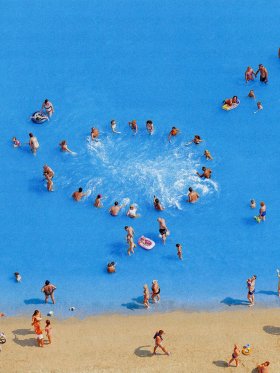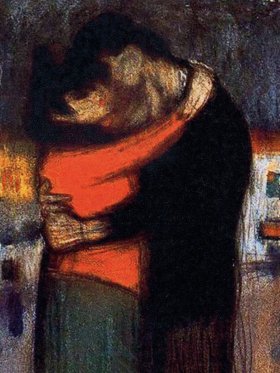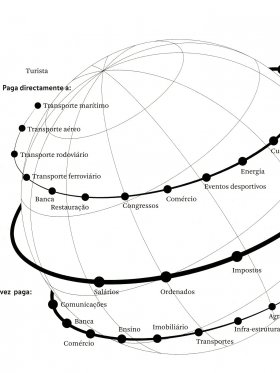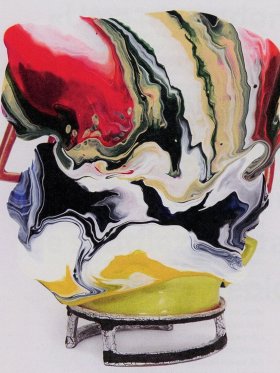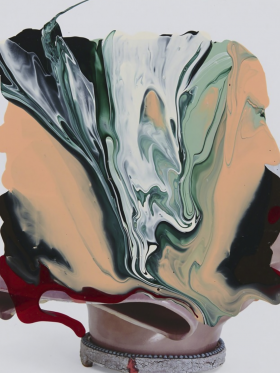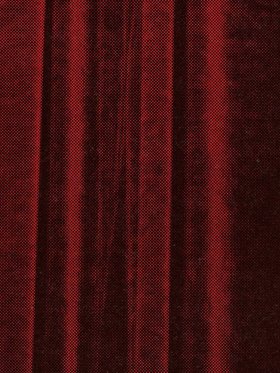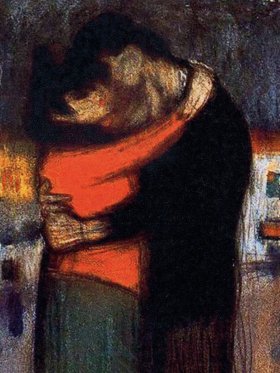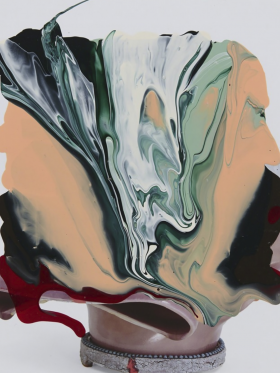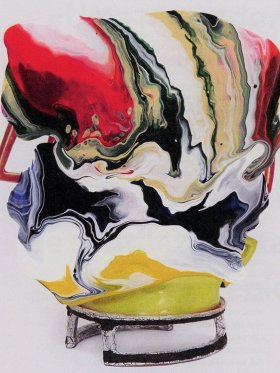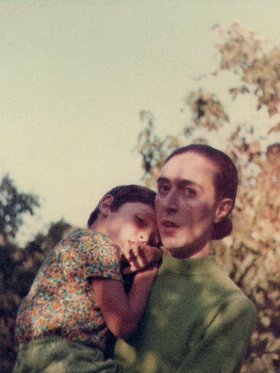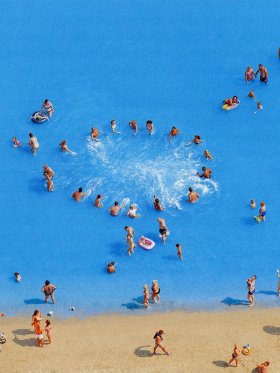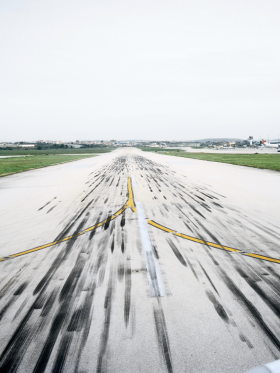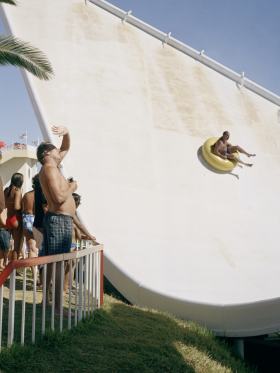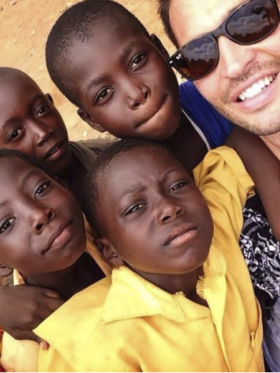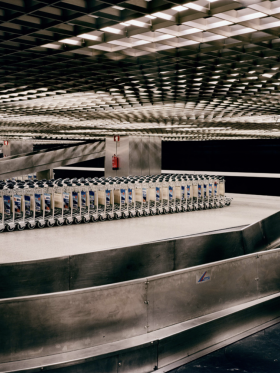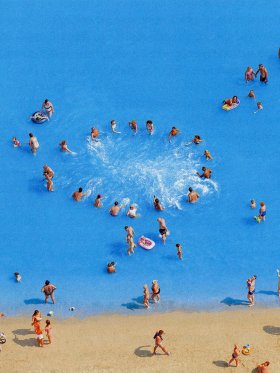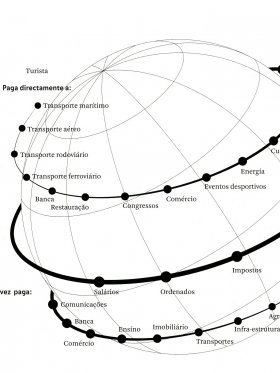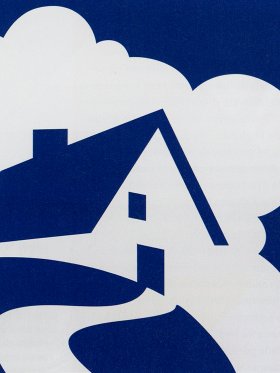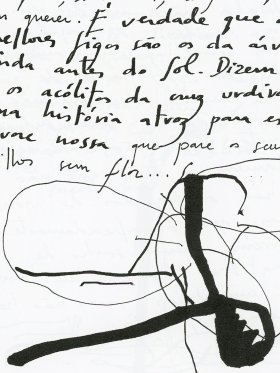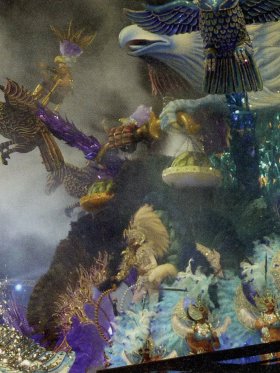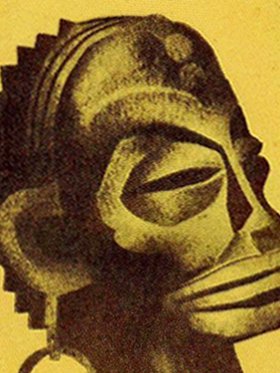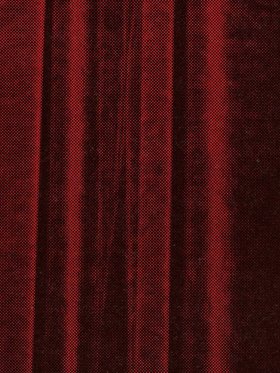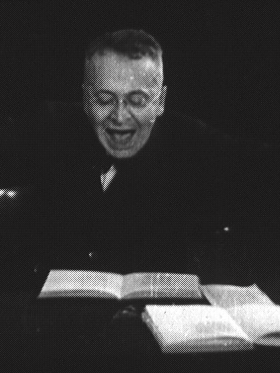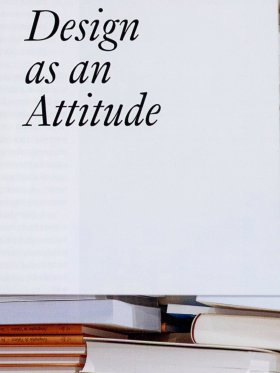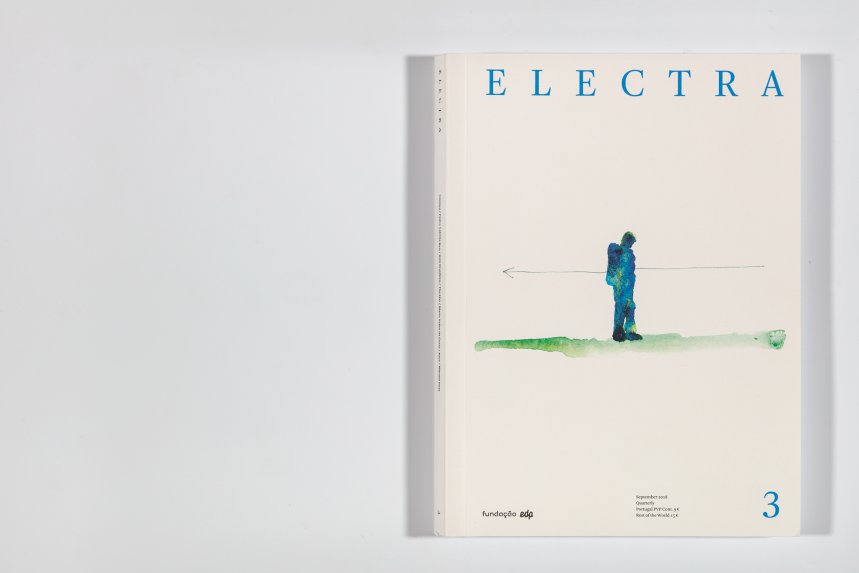
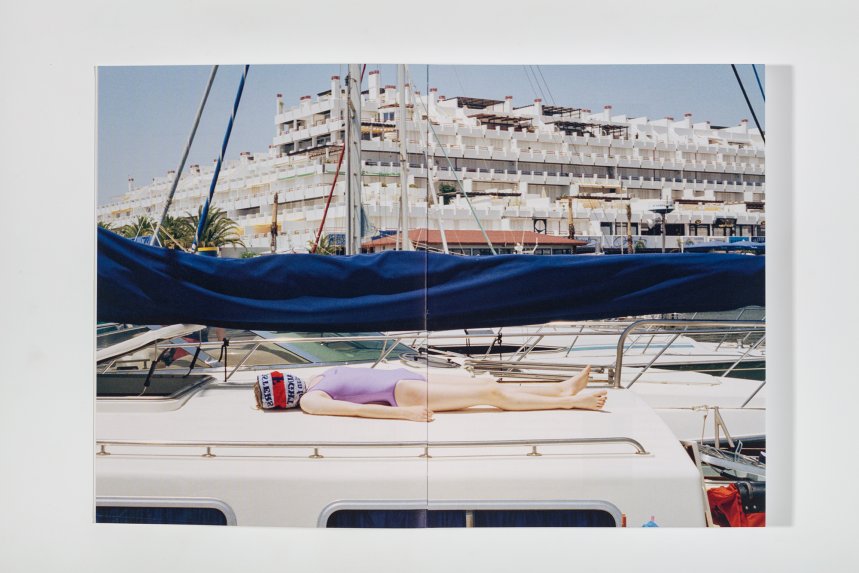
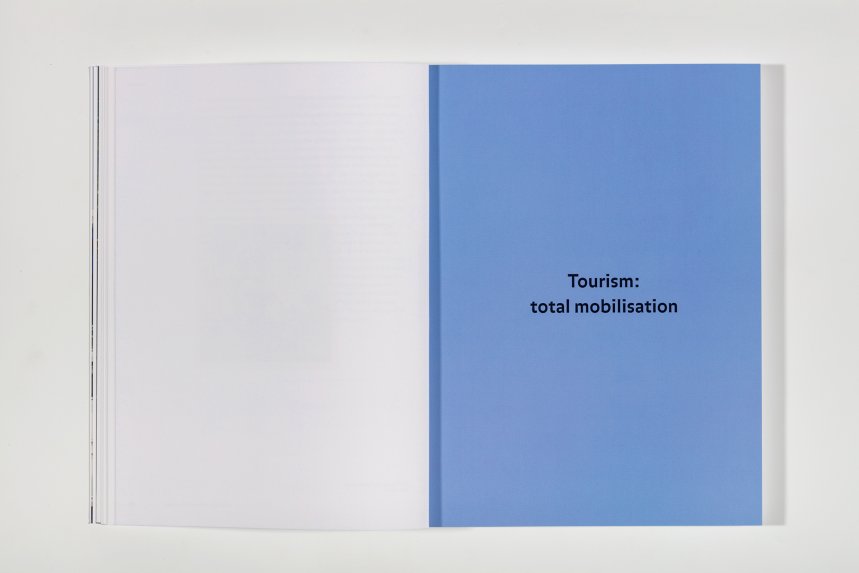
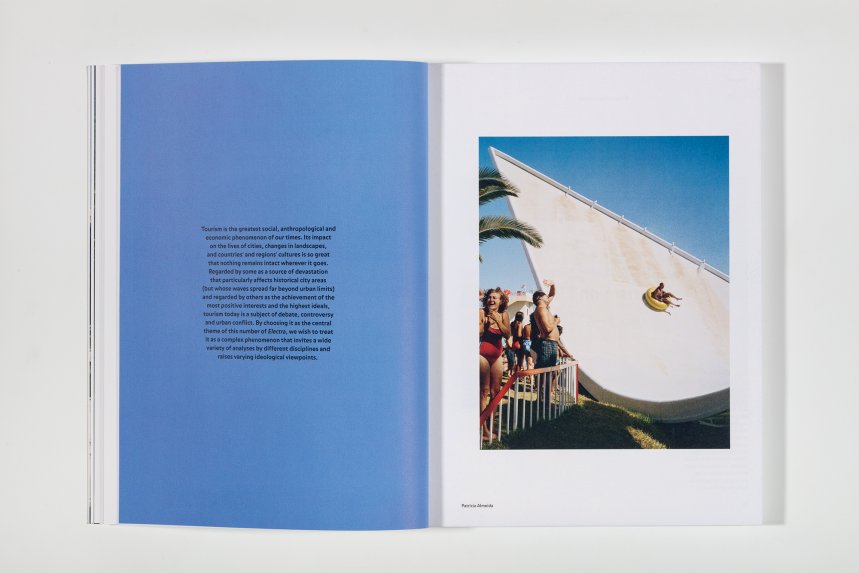
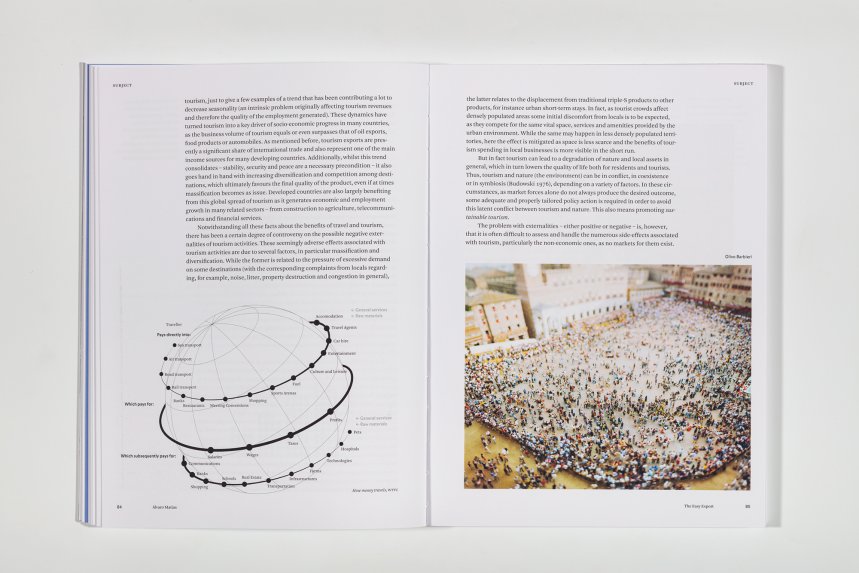
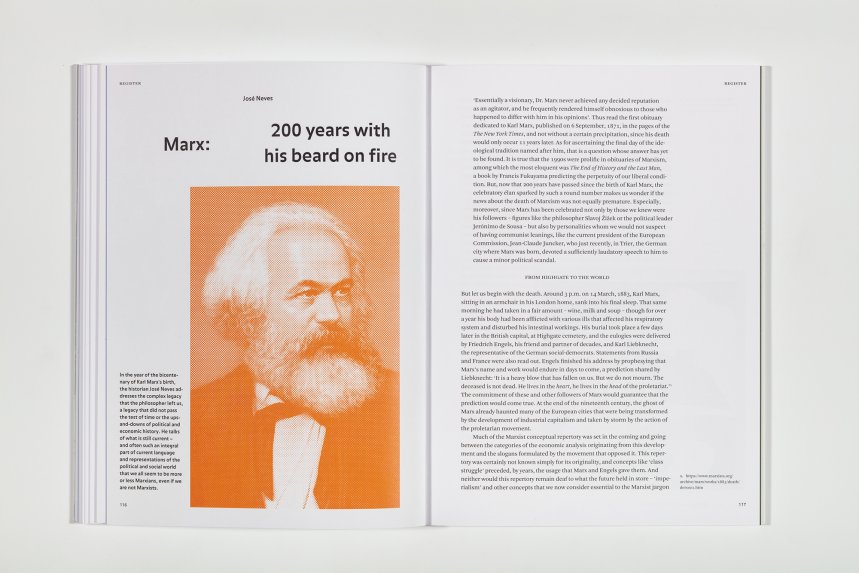
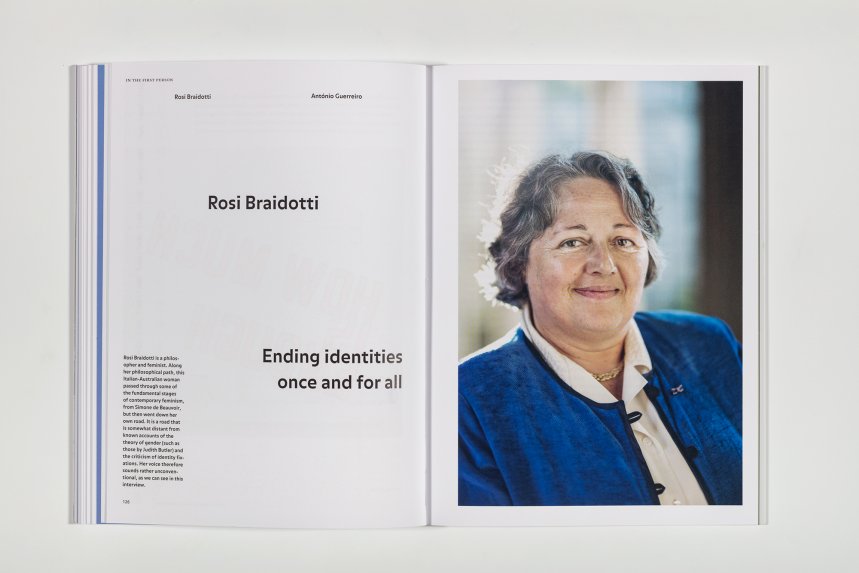
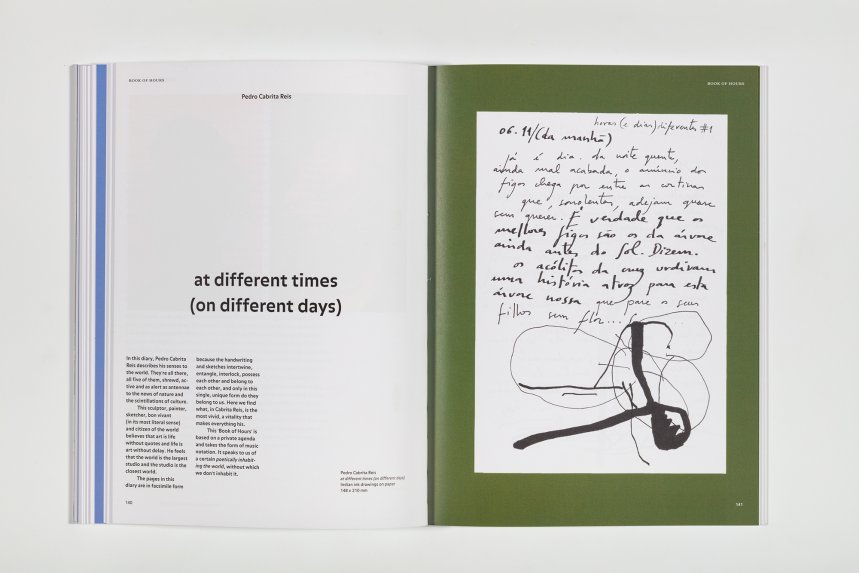
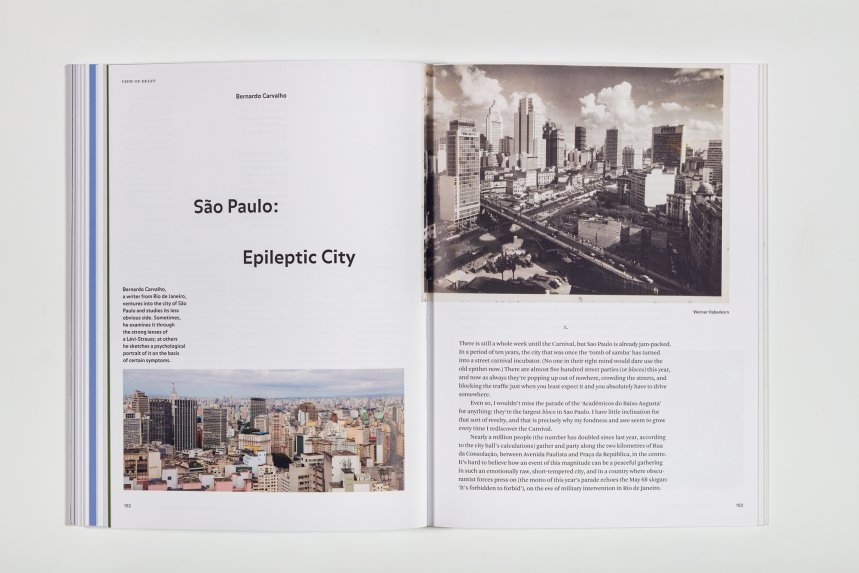
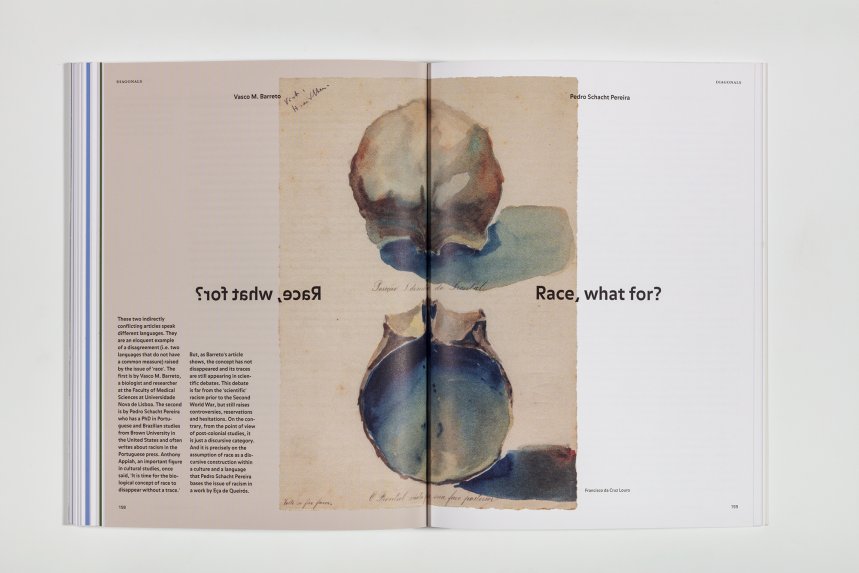
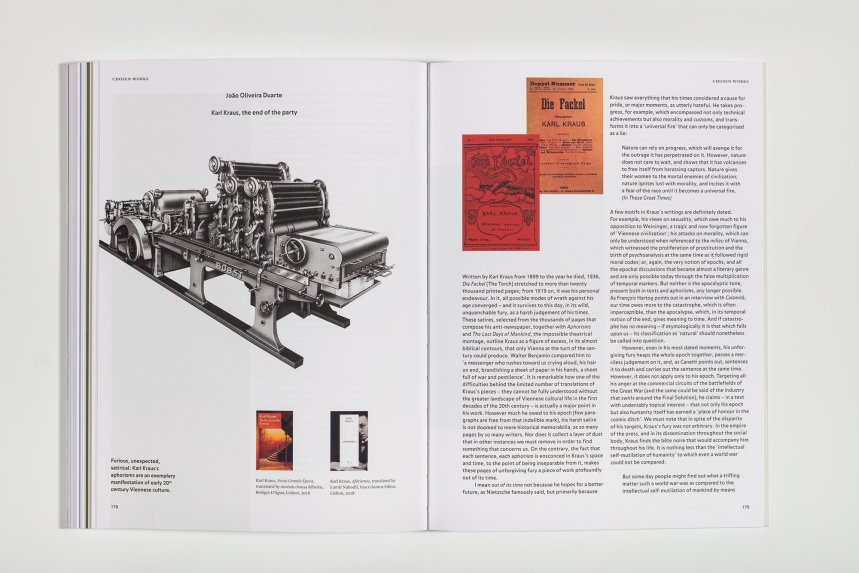
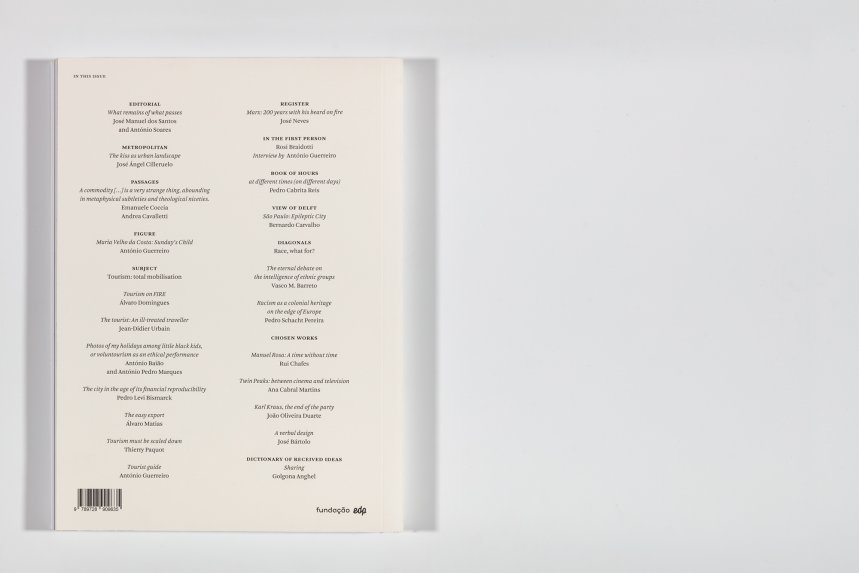
The main topic of the third issue of Electra magazine is tourism and its impact on city life, on the transformation of a country’s landscape, culture and economy. Geographer Álvaro Domingues traces the long history of the tourism phenomenon; French urban planner Thierry Paquot advocates for a halt to the growing movement of world tourism; António Baião and António Pedro Marques analyze so-called “ethical tourism”; economist and researcher Álvaro Matias reveals the statistics and the impact of the tourism economy; French sociologist and ethnologist Jean-Didier Urbain discusses the persona of the tourist and the travel experience; and architect Pedro Bismarck reflects on the effects of tourism on contemporary cities through a critical perspective on political economy.
This issue's interview features Rosi Braidotti, an Italian-Australian philosopher and author whose work is deeply connected to political and social activism. In her interview, she talks about the limits and dangers of identity, among other issues.
Marking the 200th anniversary of the birth of Karl Marx, Italian philosophers Emanuele Coccia and Andrea Cavalletti comment on his definition of commodities, as read in the book Das Kapital, and historian José Neves recalls the complex legacy Marx left behind. In the "Diagonal" section, biologist and researcher Vasco Barreto, and professor of Portuguese and Brazilian studies Pedro Schacht Pereira analyze the question of race from the viewpoint of postcolonial studies. In the section “Figure”, António Guerreiro profiles Maria Velho da Costa, author of a landmark oeuvre in the history of Portuguese literature.
Also in this issue, we publish a facsimile of a diary of artist Pedro Cabrita Reis; sculptor Rui Chafes writes about the work of fellow sculptor Manuel Rosa and his anthological exhibition; Ana Cabral Martins discusses the series Twin Peaks, directed by David Lynch; Catalan poet and essayist José Ángel Cilleruelo examines the history of the kiss within the public space of the city; and Bernardo Carvalho, a Brazilian novelist from Rio de Janeiro, makes an incursion into the “epileptic city” that is São Paulo; João Oliveira Duarte tells us about Karl Kraus’s texts and aphorisms; José Bártolo explores culture and contemporary design critique; and poet Golgona Anghel writes about the word “sharing”.

